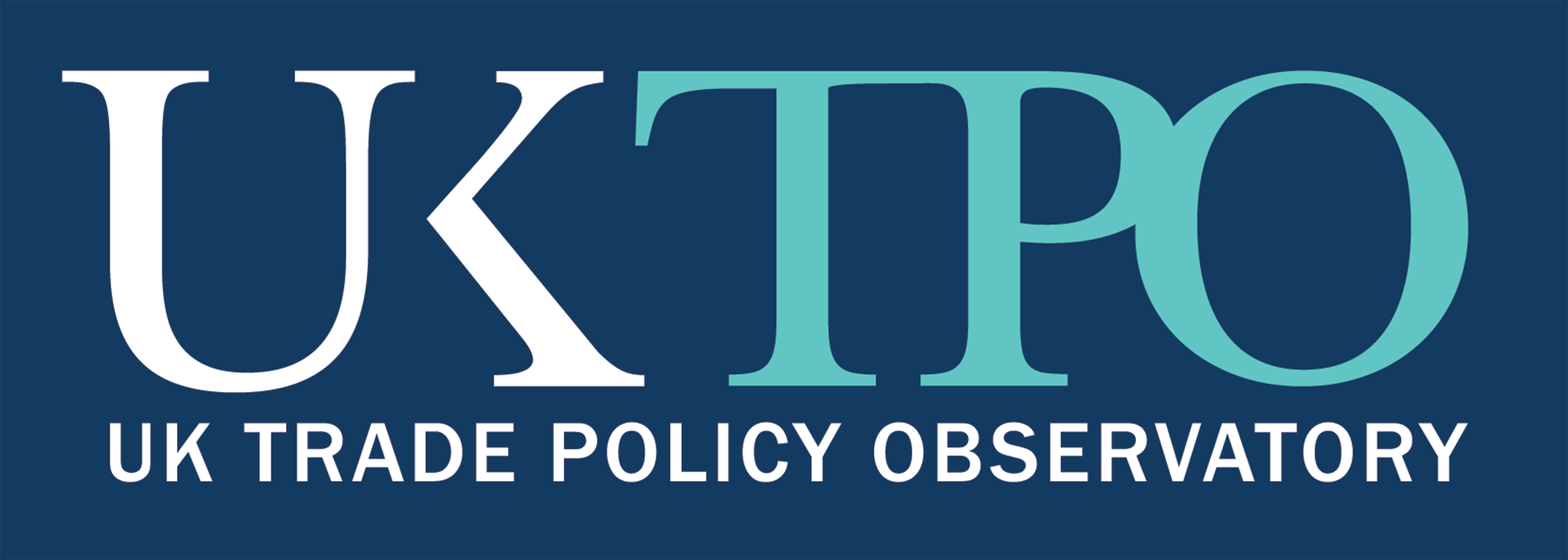The real Donald Trump: A free trader in protectionist clothing or vice versa?
This blog was originally published in 2018. We are republishing now because it is striking how much of its analysis and assessment of President Trump’s approach to trade and tariffs resonates today. Importantly, looking back in this way helps to give a longer run historical perspective on the Trump approach to trade policy, which may also help to shape thinking about the future, and responses to that future. Note from the author: In 2018, I described the tug-of-war between the mercantilist and Reaganite factions of the Republican party as the key to understanding the trade policy fluctuations of Trump's first term. This time around, the mercantilists have clearly won. The explicit tying of Trump's "reciprocal" tariffs to U.S. bilateral trade deficits, along with a baseline ten percent tariff, indicates that trade deals alone are not the goal. Trump wants to end trade deficits, pursue import substitution in manufacturing and bring back a 19th century tax system based on customs revenue. These are disastrous goals in themselves; moreover, nothing America's trading partners can do with their own trade policies can satisfy them. This is why the markets have melted down. Perhaps as the effects take hold in the real economy, Trump [...]


